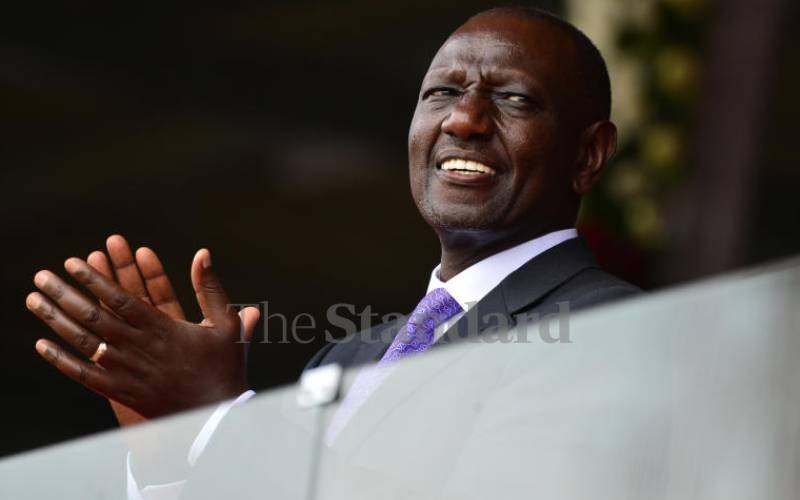×
The Standard e-Paper
Kenya’s Boldest Voice

When he ran for office, President William Ruto made clear that his administration would champion a bottom-up model of economic planning.
In other words, his administration's policies would be targeted at increasing incomes, productivity and jobs at the very wide bottom of the economic pyramid.